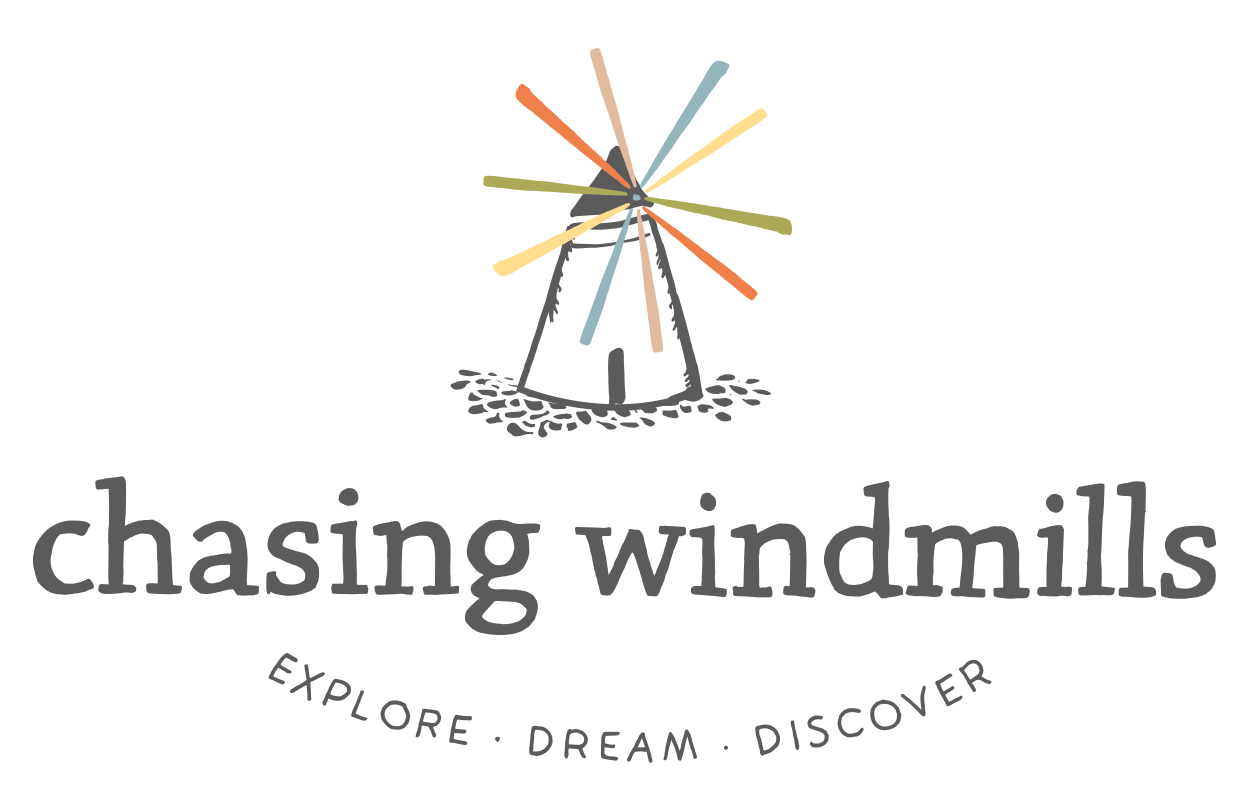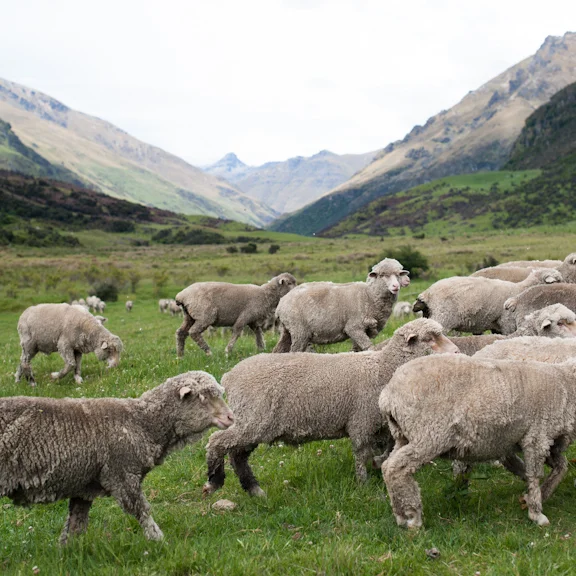We are often asked: where does your merino wool come from? Underpinning this question is a desire to make a conscious and ethical choice. Simply put, the farm-to-garment story is critically important.
For us, it all starts with the merino sheep roaming mountainous meadows in New Zealand and Australia. The sheep gather under the sky’s wide embrace, roam grassy meadows, and simply live the good life of a sheep. Importantly, our wool is always traceable to a select group of audited ranches dedicated to the welfare of the sheep and the land upon which they graze.
Caring for merino sheep is truly a labor of love. One such rancher is Philip Rive, a multi-generation merino rancher with whom I had the great pleasure of meeting a few years back at Cecil Peak Station. I spent the day with Philip and his wife, Kate, on their ranch in the Remarkables mountain range outside of Queenstown, New Zealand. As we toured the ranch, he pointed to hills that he explored as an eight-year-old by pony. To Philip, Kate, and other merino ranchers, taking care of merino sheep is is a way of life (not just a way to make a living).
Because of this level of care, our merino wool is certified by the Responsible Wool Standard (RWS). This program audits merino ranches to ensure that the majestic sheep enjoy five essential freedoms (outlined below), are never subjected to mulesing, and graze upon environmentally sound and biodiverse ranch land.
Notably, RWS is a voluntary global standard, subject to independent auditing, that promotes the “welfare of sheep and the land they graze on.” Their mission is to “provide the industry with a tool to recognize the best practices of farmers; ensuring that wool comes from farms with a progressive approach to managing their land, and from sheep that have been treated responsibly.”
In addition, the merino sheep are guaranteed the five essential freedoms of responsible shepherding:
Freedom from thirst, hunger and malnutrition
Access to adequate comfort and shelter from adverse weather conditions
The ability to display normal patterns of behavior
To be handled in a manner which minimizes pain or distress to the animal
Protection from, or rapid diagnosis of, any significant injury or disease.
From protecting soil health and biodiversity at merino ranches to ensuring the humane treatment of sheep, the RWS allows consumers — and brands like us — to identify conscious companies in the merino wool supply chain.
Our clothing choices matter. Our choice of supply chain partners matters. They reflect our values, our aspirations, our visions. When you choose our merino wool kid’s wear, your child is living in harmony with nature’s cycles and in reverence for her gifts.

